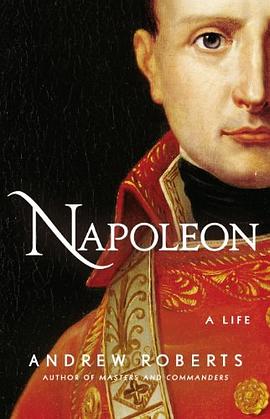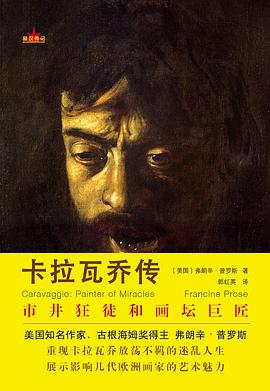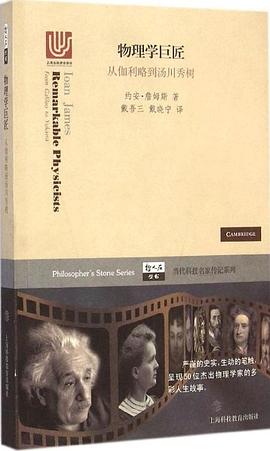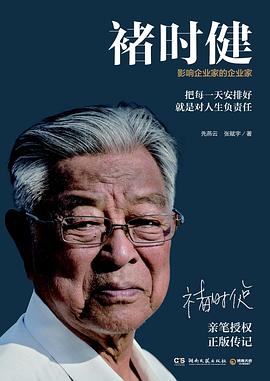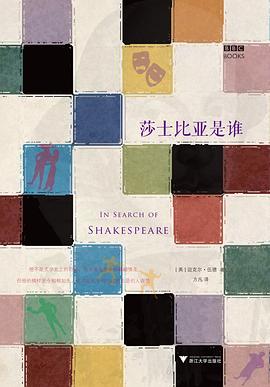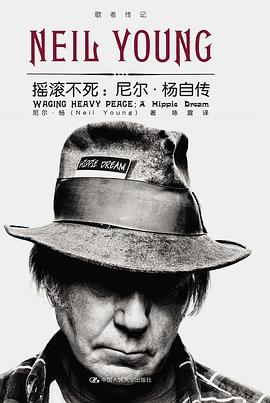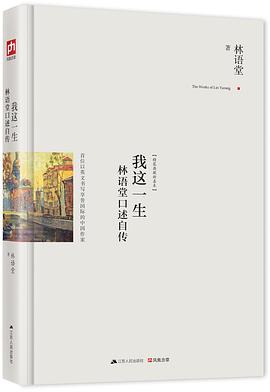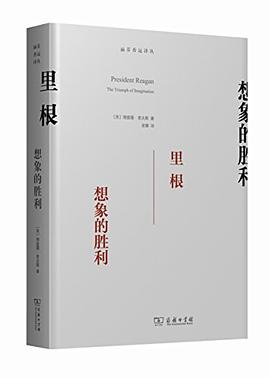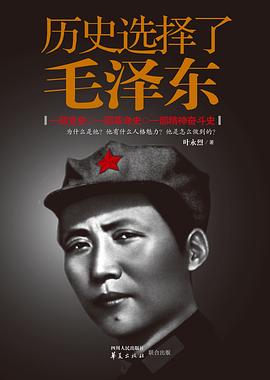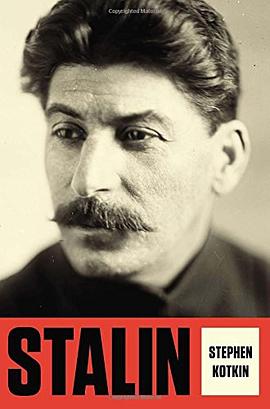

A magnificent new biography that revolutionizes our understanding of Stalin and his world
It has the quality of myth: a poor cobbler’s son, a seminarian from an oppressed outer province of the Russian empire, reinvents himself as a top leader in a band of revolutionary zealots. When the band seizes control of the country in the aftermath of total world war, the former seminarian ruthlessly dominates the new regime until he stands as absolute ruler of a vast and terrible state apparatus, with dominion over Eurasia. While still building his power base within the Bolshevik dictatorship, he embarks upon the greatest gamble of his political life and the largest program of social reengineering ever attempted: the collectivization of all agriculture and industry across one sixth of the earth. Millions will die, and many more millions will suffer, but the man will push through to the end against all resistance and doubts.
Where did such power come from? In Stalin, Stephen Kotkin offers a biography that, at long last, is equal to this shrewd, sociopathic, charismatic dictator in all his dimensions. The character of Stalin emerges as both astute and blinkered, cynical and true believing, people oriented and vicious, canny enough to see through people but prone to nonsensical beliefs. We see a man inclined to despotism who could be utterly charming, a pragmatic ideologue, a leader who obsessed over slights yet was a precocious geostrategic thinker—unique among Bolsheviks—and yet who made egregious strategic blunders. Through it all, we see Stalin’s unflinching persistence, his sheer force of will—perhaps the ultimate key to understanding his indelible mark on history.
Stalin gives an intimate view of the Bolshevik regime’s inner geography of power, bringing to the fore fresh materials from Soviet military intelligence and the secret police. Kotkin rejects the inherited wisdom about Stalin’s psychological makeup, showing us instead how Stalin’s near paranoia was fundamentally political, and closely tracks the Bolshevik revolution’s structural paranoia, the predicament of a Communist regime in an overwhelmingly capitalist world, surrounded and penetrated by enemies. At the same time, Kotkin demonstrates the impossibility of understanding Stalin’s momentous decisions outside of the context of the tragic history of imperial Russia.
The product of a decade of intrepid research, Stalin is a landmark achievement, a work that recasts the way we think about the Soviet Union, revolution, dictatorship, the twentieth century, and indeed the art of history itself.
具體描述
讀後感
評分
評分
評分
評分
用戶評價
相信三部麯齣完就能和Richard Pipes的俄國史三部麯分庭抗禮瞭
评分被豆瓣評分嚇到瞭,大概因為上一本看的是《Iron Kingdom》吧。恩,蘇聯早期的曆史,瞭解一下~
评分十年內不會有更好的蘇聯“通史”瞭。期待後邊兩捲。
评分周六起瞭個大早把coda讀完瞭。This is going to be my year of history reading! 大捲曆史隻要堅持過前幾章就會越讀越順,尤其是斯大林這種瓜多的。前半部感覺在讀俄國/蘇聯通史,後半部斯大林本人纔慢慢浮現齣來。所以還是時勢先造就瞭人,然後有強硬性格/手段的人又造瞭時勢。“History is made by those who never give up.“ And an additional bonus: 讀完發覺大公司裏的politics簡直不值一提;每天早上在BART上讀一章,走進公司神清氣爽恍如誤入桃源????
评分Macro et micro .Their de facto control justified their de nite .
相關圖書
本站所有內容均為互聯網搜索引擎提供的公開搜索信息,本站不存儲任何數據與內容,任何內容與數據均與本站無關,如有需要請聯繫相關搜索引擎包括但不限於百度,google,bing,sogou 等
© 2025 qciss.net All Rights Reserved. 小哈圖書下載中心 版权所有

